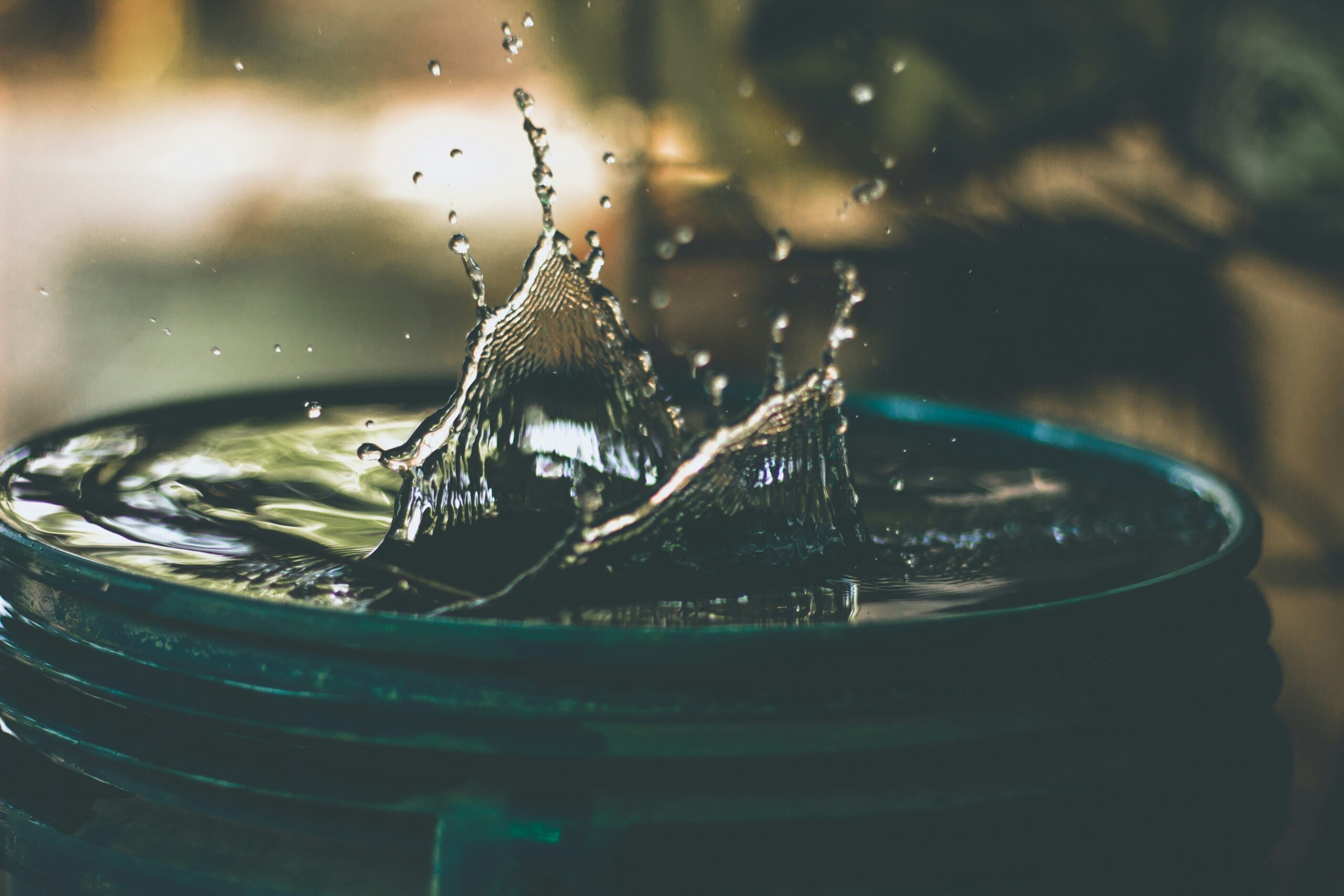Wales & West Utilities (WWU) has announced a groundbreaking initiative to develop an innovative electrolyser capable of producing green hydrogen from highly contaminated industrial wastewater sources. This project, in collaboration with HydroStar and Cardiff University, aims to revolutionize the production of green hydrogen by utilizing water contaminated with microplastics and heavy metals—sources typically unsuitable for traditional hydrogen production processes.
Green hydrogen production has historically required highly purified water, a resource that is expensive to process and places significant demands on both energy and water systems. The conventional process also necessitates energy-intensive water purification plants. However, this new technology not only removes pollutants from water but also generates hydrogen and oxygen as byproducts, which can be captured and sold as high-value goods, offsetting the energy costs associated with the pollutant removal process.
By integrating pollutant removal with low-carbon hydrogen production, the new electrolyser is expected to lower operational barriers and reduce the costs of green hydrogen, making it more accessible to customers.
This project builds on the foundations laid by the NextGen electrolyser project, which is supported by Ofgem’s Strategic Innovation Fund. The NextGen prototype utilizes wastewater, such as rainwater, to produce green hydrogen. The upcoming phase will further research and develop new electrode designs to optimize the NextGen unit.
Matt Hindle, Head of Net Zero & Sustainability at Wales & West Utilities, commented:
“This is an exciting opportunity to build on the work already underway as part of the existing NextGen concept. We see hydrogen playing a significant role in a future energy system, but there are currently high operational barriers and costs associated with its production. By using different water sources—be it wastewater like rainwater or contaminated water from industry—we can make green hydrogen production more accessible and more affordable. We look forward to working with Cardiff University and HydroStar to further develop this technology.”
Charlie Newbold, Head of Operations at HydroStar, added:
“We’re delighted to be working with Wales & West Utilities and Cardiff University to develop this technology. HydroStar will be investigating different electrode designs and operational conditions to optimize flotation and coagulation processes, while Cardiff University will focus on the interaction between gas bubbles and pollutants for effective capture and removal. WWU will manage project governance and communications, identifying customers across the gas network who could benefit from the combined solution.”
The project is set to begin this summer, with the prototype expected to be ready by March 2025. It has secured funding from Innovate UK Launchpad: NetZero Industry, South West Wales, which is dedicated to advancing sustainable solutions in net-zero industrial emissions. This initiative is part of a broader effort to enhance innovation in targeted clusters across the UK, particularly in south-west Wales.
Wales & West Utilities, responsible for delivering energy to 7.5 million people across the southwest of England and Wales, is committed to ensuring a safe and reliable energy supply. If you smell gas or suspect the presence of carbon monoxide, call 0800 111 999 immediately, and their engineers will respond promptly, any time of day or night.


